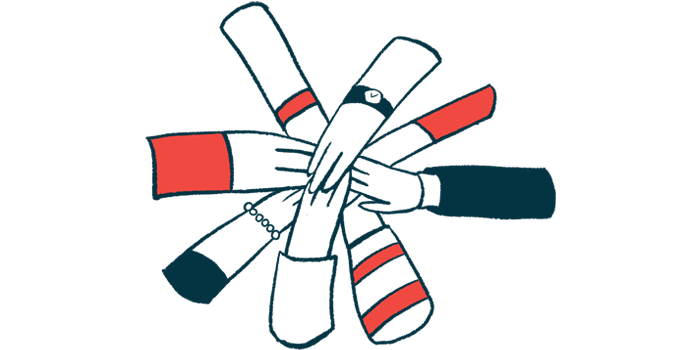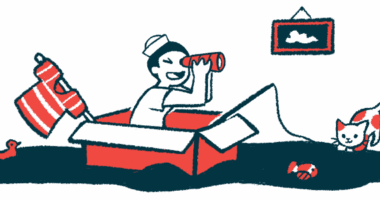The importance of seeking help for mental health challenges

Those of us who live with a disability that severely limits our motor skills find ourselves continually depending on others for assistance. In addition to essential daily tasks, we need assistance with seemingly mundane activities like painting one’s nails or trimming a beard.
We rely on family members or professional caregivers, who play pivotal roles in our lives. Sometimes, we might also turn to friends or colleagues for support, whether to take a sip of water, have a meal, or retrieve a document from the office printer.
Asking for help is an inherent part of our existence and is far more ingrained in us than in those without disability. Seeking assistance with physical tasks has become almost instinctual for many of us.
In contrast, we don’t seem to seek the same level of assistance for our mental and emotional well-being. The topic is often taboo for us, just like it is for many others.
Living with a physical disability like spinal muscular atrophy already takes a toll on my strength and dignity. Consequently, I resisted seeking professional help for my mental well-being because I feared being perceived as weak-minded. Looking back, I realize that my resistance to seeking help only exacerbated my struggles. Eventually, I could no longer ignore the persistent feelings of anxiety, depression, confusion, and impatience.
As I mentioned in previous columns, I recently earned an associate degree in social services and am now working on a bachelor’s degree in social work. The shift from a community college to a university occurred swiftly, catching me somewhat off guard and leaving me unprepared for the new array of challenges that awaited.
Nevertheless, the anticipation of once again triumphing over adversity was beginning to dominate my thoughts. I was prepared to face the obstacles that lay ahead, without knowing what they might be.
A family emergency
My first day of classes at Millersville University of Pennsylvania stands out to me because it shook me to my core. As I was getting ready for the day, my sister received a distressing call from our mother upstairs. Her voice was barely audible, signaling that something was wrong. My sister rushed upstairs.
Moments later, she returned with a troubled look on her face. She conveyed the grim news: “Jazzy, I don’t think we’ll be making it to school today. Mom isn’t doing well. The ambulance is on its way.”
Each passing second after that was fraught with intrusive thoughts as my deepest fears surged to the forefront of my mind. Hours later, we learned that my beloved mother had suffered a stroke. Thankfully, she survived, but it caused my anxiety and depression to spiral out of control.
In the weeks following my mother’s health scare, my resilience was tested again. Last summer, I had reluctantly agreed to attend talk therapy sessions, which I had resisted for a long time. I had reached a point where I could no longer navigate life by relying solely on my own strength. Seeking professional help marked a pivotal milestone for me.
I recall the euphoria I felt while attending my first counseling session. I was on cloud nine with this achievement, which served as a powerful motivator that propelled me forward. Today, I prioritize nurturing my mental well-being.
I’ve stopped hiding my struggles just to make others feel happy or comfortable. I realized it was time for me to start loving myself and be a better person to those around me.
Yet while counseling has its merits, it hasn’t been enough to help me entirely cope with the ebbs and flows of anxiety and depression, which inundate my mind like relentless waves. At times, I’m rendered immobile by the sheer volume of my thoughts.
Plus, my concentration was becoming compromised, which made it difficult to absorb any reading material. My drive to persevere through life’s unexpected twists and turns waned.
In order to protect my academic performance and mental well-being, I decided to seek further assistance. I arranged for a consultation with my primary care physician and began treatment with an antidepressant. While it can take weeks for an antidepressant to reach its full effect, I experienced marked improvement as early as the second day of taking the medication.
The main takeaway from all of this is that admitting to yourself and others that you need help is not a sign of weakness, but rather a profound statement of courage, strength, and resilience.
Note: SMA News Today is strictly a news and information website about the disease. It does not provide medical advice, diagnosis, or treatment. This content is not intended to be a substitute for professional medical advice, diagnosis, or treatment. Always seek the advice of your physician or other qualified health provider with any questions you may have regarding a medical condition. Never disregard professional medical advice or delay in seeking it because of something you have read on this website. The opinions expressed in this column are not those of SMA News Today or its parent company, BioNews, and are intended to spark discussion about issues pertaining to spinal muscular atrophy.
The post The importance of seeking help for mental health challenges appeared first on SMA News Today.




